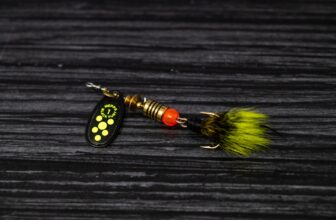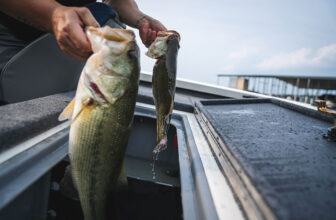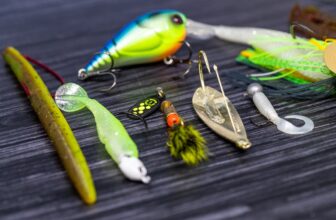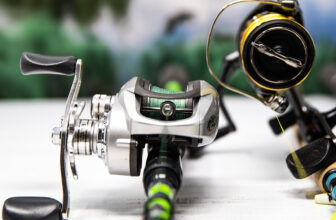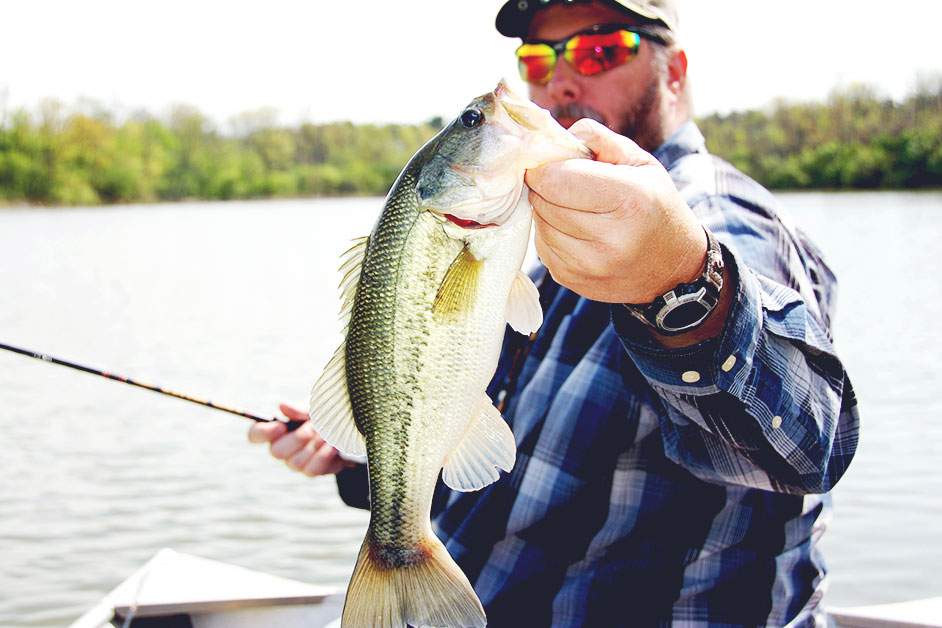
As an avid angler, I have spent countless hours fishing for bass in private lakes and ponds. Over the years, I have learned many valuable lessons about what it takes to catch bass in these bodies of water. In this article, I will share my expert advice on private lake bass fishing, including understanding the behavior of bass, choosing the right gear, essential techniques, best baits and lures, finding the best spots, tips for fishing in different seasons, catch and release practices, and common mistakes to avoid.
Introduction to Private Lake Bass Fishing
Private lakes and ponds offer anglers a unique fishing experience. These bodies of water are typically owned by individuals or organizations and are not open to the public. Because of this exclusivity, private lakes and ponds can offer some of the best fishing opportunities for bass.
Private lakes and ponds are often stocked with fish, including bass, to provide recreational opportunities for the owners and their guests. These bodies of water can range in size from small ponds to large lakes, and their water quality and structure can vary greatly. Understanding the behavior of bass in private lakes is crucial to finding and catching them.
Understanding the Behavior of Bass in Private Lakes
Bass behavior in private lakes is influenced by many factors, including water temperature, water clarity, and structure. In general, bass in private lakes tend to be less pressured than those in public waters, which can make them easier to catch. However, bass in private lakes can also be more selective in their feeding habits and may require more finesse to catch.
Water temperature is one of the most important factors influencing bass behavior in private lakes. As the water warms up in the spring, bass become more active and start feeding more aggressively. In the summer, when the water temperature is at its highest, bass tend to be more lethargic and may move to deeper water to escape the heat. In the fall, as the water cools down, bass become more active again and start feeding heavily to prepare for winter.
Water clarity is another important factor influencing bass behavior in private lakes. Clear water can make bass more wary and selective in their feeding habits, while murky water can make them more aggressive and easier to catch. Understanding how water clarity affects bass behavior can help you choose the right baits and lures for different conditions.
Finally, structure is also an important factor influencing bass behavior in private lakes. Bass in private lakes tend to relate to structure, such as weed beds, rocks, and drop-offs, to find food and shelter. Knowing where to find these structures can help you locate bass and increase your chances of catching them.
Choosing the Right Gear for Private Lake Bass Fishing
Choosing the right gear is essential for successful private lake bass fishing. The equipment you choose will depend on the size of the fish you are targeting, as well as the structure and depth of the water you are fishing.
For small to medium-sized bass, a medium-action spinning rod and reel combo is a good choice. For larger bass, a baitcasting rod and reel combo is a better option. When choosing a fishing line, use a 10- to 12-pound test monofilament or fluorocarbon line. Braided line can also be a good option, especially in heavy cover or when fishing for larger bass.
In addition to your rod and reel, you will also need a variety of baits and lures to use in different conditions. Soft plastic baits, such as worms and creature baits, are versatile and can be used in many different situations. Crankbaits and spinnerbaits are also effective lures for bass fishing in private lakes.
Essential Techniques for Catching Bass in Private Lakes
Knowing the right techniques for catching bass in private lakes can make all the difference. The key to successful private lake bass fishing is to match your bait or lure to the conditions you are fishing in and to fish it at the right depth and speed.
One effective technique for catching bass in private lakes is to fish weed beds and other structures with a Texas-rigged soft plastic worm. Cast your worm to the edge of the weed bed or structure and slowly reel it in, making sure to keep it in contact with the bottom. When you feel a bite, wait a few seconds before setting the hook to make sure the bass has the worm in its mouth.
Another effective technique for catching bass in private lakes is to fish crankbaits and spinnerbaits along drop-offs and other structure. Cast your lure to the edge of the structure and retrieve it slowly, making sure to keep it at the right depth. When a bass hits your lure, set the hook quickly and reel in the fish.
Best Baits and Lures for Private Lake Bass Fishing
Choosing the right baits and lures is crucial for successful private lake bass fishing. The best baits and lures will depend on the conditions you are fishing in, as well as the behavior of the bass.
Soft plastic baits, such as worms and creature baits, are versatile and can be used in many different situations. These baits can be rigged in many different ways, including Texas rig, Carolina rig, and wacky rig. The key is to experiment with different rigs and presentations to find what works best in different conditions.
Crankbaits and spinnerbaits are also effective lures for bass fishing in private lakes. These lures can be used to cover a lot of water quickly and can be fished at different depths and speeds. When choosing a crankbait or spinnerbait, look for one that matches the size and color of the baitfish in the lake.
Finding the Best Spots to Catch Bass in Private Lakes
Finding the best spots to catch bass in private lakes is essential for successful fishing. Bass in private lakes tend to relate to structure, such as weed beds, rocks, and drop-offs, to find food and shelter. Knowing where to find these structures can help you locate bass and increase your chances of catching them.
One effective way to find bass in private lakes is to use a fish finder. A fish finder can help you locate underwater structures and identify areas where bass are feeding. Once you have located these areas, you can then fish them with the right baits and lures to catch bass.
Another effective way to find bass in private lakes is to observe the behavior of the fish. Watch for signs of feeding activity, such as splashing or jumping fish, and cast your bait or lure to the area. Also, look for areas of the lake that have a lot of underwater vegetation or other structures that bass might be using for cover.
Tips for Fishing in Different Seasons
Fishing in different seasons requires different strategies and techniques. In the spring, bass are more active and tend to feed more aggressively. This is a good time to use fast-moving baits and lures, such as crankbaits and spinnerbaits, to cover a lot of water quickly.
In the summer, when the water temperature is at its highest, bass tend to be more lethargic and may move to deeper water to escape the heat. This is a good time to use slow-moving baits and lures, such as soft plastic worms, to fish along drop-offs and other structures.
In the fall, as the water cools down, bass become more active again and start feeding heavily to prepare for winter. This is a good time to use a variety of baits and lures, including crankbaits, spinnerbaits, and soft plastic baits, to catch bass.
Catch and Release Practices for Private Lake Bass Fishing
Catch and release practices are important for the long-term health and sustainability of private lake bass fisheries. When catching and releasing bass, it is important to handle them carefully and quickly to minimize stress and injury.
Use a landing net to avoid handling the fish with your hands. Wet your hands before handling the fish to prevent damaging their protective slime coat. Remove the hook quickly and gently, and release the fish back into the water as soon as possible.
Common Mistakes to Avoid When Bass Fishing in Private Lakes
Common mistakes to avoid when bass fishing in private lakes include using the wrong baits and lures, fishing at the wrong depth and speed, and fishing in the wrong areas of the lake. It is also important to avoid overfishing and to practice catch and release to ensure the long-term health and sustainability of the fishery.
Conclusion and Final Tips for Successful Private Lake Bass Fishing
Private lake bass fishing can be a rewarding and exciting experience for anglers of all levels. To be successful, it is important to understand the behavior of bass, choose the right gear, use the right techniques, and find the best spots to catch fish. By following these tips and practicing catch and release, you can ensure the long-term health and sustainability of the fishery and enjoy many successful fishing trips in the future.




